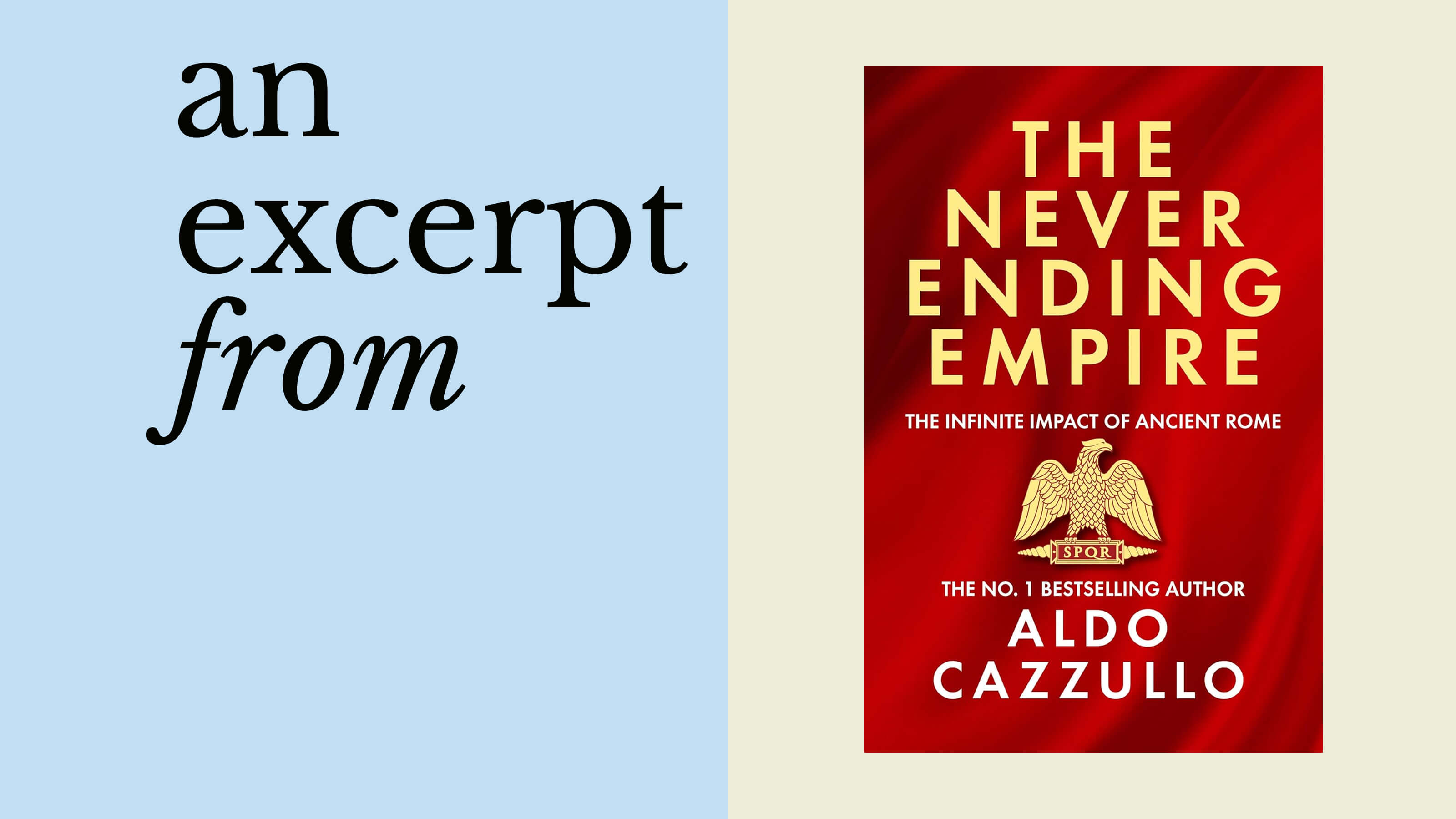Obama: A Pragmatist with Framing as His Sword
The NY Times runs a lengthy front page Sunday feature exploring Obama’s years as an activist and politician in the Hyde Park neighborhood of Chicago. As the feature recounts, Obama has always been a political pragmatist and a master at framing a message that brings diverse constituencies together.
“There are some people who say he’s not strong enough on this or that, that he’s wishy-washy, that he’s trying to have it both ways,” Abner J. Mikva, a former congressman and mentor to Obama tells the NY Times. “But he’s not looking for how to exclude the people who don’t agree with him. He’s looking for ways to make the tent as large as possible.”
Here’s how the article recounts Obama’s now famous speech rejecting an invasion of Iraq:
With his possible run for the United States Senate, he wanted to speak with Mr. Axelrod and others about the ramifications of broadcasting his reservations about a war the public was fast getting behind. An antiwar speech would play to his Chicago liberal base, and could help him in what was expected to be a hotly contested primary, they told him, but it also could hurt him in the general election.
“This was a call to assess just how risky was this,” said Pete Giangreco, who along with Mr. Axelrod described the conversation. When Mr. Obama tossed out the idea of calling it a “dumb war,” Mr. Giangreco said he cringed. “I remember thinking, ‘this puts us in the weak defense category, doesn’t it?’ “
The rally was held on Oct. 2, 2002, in Federal Plaza before nearly 2,000 people. On the podium before speaking, Mr. Obama joked about the dated nature of crowd-pleasing protest songs like “Give Peace a Chance.” ” ‘Can’t they play something else?’ ” Ms. Saltzman recalled his saying.
The speech, friends say, was vintage Obama, a bold but nuanced message that has become the touchstone of his presidential campaign: While he said the Iraq war would lead to “an occupation of undetermined length with undetermined costs and undetermined consequences,” he was also careful to emphasize that there were times when military intervention was necessary.
“What’s fascinating about Barack is what he’s trying to do is reframe and change the discourse so you build support for liberal alternatives within the electorate,” said Will Burns, a former aide whom Mr. Obama also consulted on the speech. “He has an ability to frame stuff so it’s not an all or nothing proposition.”
Still, Mr. Obama’s refrain about supporting some wars perplexed some in the crowd. An event organizer, Carl Davidson, recalled that a friend “nudged me and said, ‘Who does he think this speech is for? It’s not for this crowd.’ I thought, ‘This guy’s got bigger fish to fry.’ At the time, though, I was only thinking about the U.S. Senate.”




